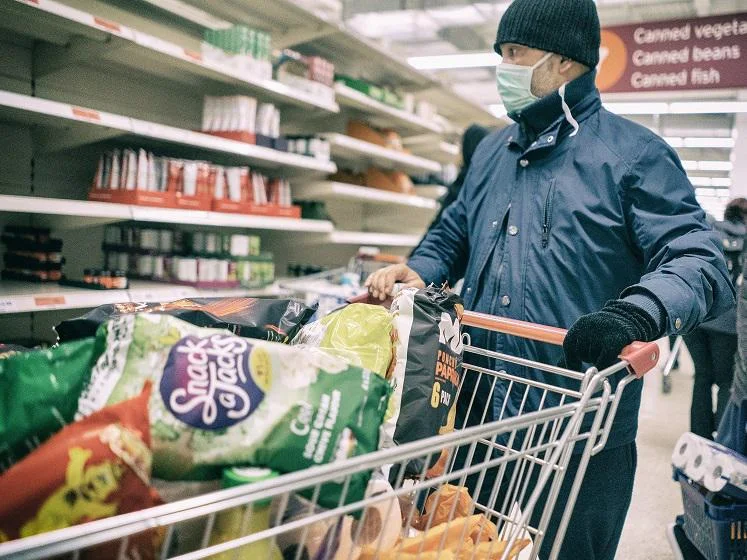Social 'bubbles' provide important care and support needs: Lessons from New Zealand

Allowing exclusive social networks of people (bubbles) to meet during the coronavirus crisis can provide important support to isolated people or those with emotional or care needs, a new paper has found.
The new report studies the use of bubbles in New Zealand, where they were introduced as part of lockdown measures in response to COVID-19. The bubbles began as small and exclusive - typically centred on a single household – and were allowed to expand and merge as transmission slowed. New Zealand was one of the first countries to allow citizens to socialise in multi-household bubbles on a mass scale.
The researchers found bubbles are effective at providing support to those with complex childcare needs. They are also helpful in protecting some citizens from the mental health problems and emotional suffering that isolation can provoke, by allowing individuals living alone to ‘buddy’ up, first with another single-person household then later with another bigger bubble.
The study found bubbles are an important way of recognising that many people do not live in a typical ‘nuclear household’ and are living alone, as single parents or with flatmates.
Compliance with bubble regulations was found to be high. However, the researchers found more clarity from the government on what was or was not permitted would have been helpful, as would greater flexibility in cases where people need to meet multiple care obligations, or are in bubble arrangements that break down.
They also recommend the introduction of an app or website to help people work out the acceptability of their bubble and how secure it would be. In addition, they suggest the publication of detailed advice on establishing ‘ground rules’ for bubbles - as the research shows people have many different understandings of how bubbles work and what is acceptable social distancing behaviour.
With recent news about the significant mental health impacts of lockdown, the researchers suggest bubbles could be a very helpful support mechanism. They highlight how bubbles should be framed within a context of kindness and as providing support to those most in need rather than being used purely for socialising purposes.
Commenting on the findings, co-author Dr Nicholas Long from the Department of Anthropology at LSE said: ‘Re-opening schools and kick-starting the economy are both important, but governments mustn’t lose sight of social and care needs as they consider routes out of lockdown. As coronavirus case numbers start to fall to more manageable levels, a bubbles policy could make a huge difference to the lives of those who have been finding lockdown toughest. It could even be introduced in phases, starting with those who need it most: solo parents, solo carers, and people living alone.
‘That said, we found some people had difficulties expanding their bubbles. If they’d just arrived in the country, they might not know anyone well enough to ‘bubble up’ with. If they were back in the workplace, their friends and relatives might worry they would pass on the virus. So governments also need to think carefully about how people in these situations can be best supported.’
Since April 2020, the researchers have been conducting mixed-method research on the experiences of life under lockdown in New Zealand and the UK. The report draws on the findings of two public surveys distributed to New Zealanders via social media, an online research panel and seven in-depth ethnographic interviews.